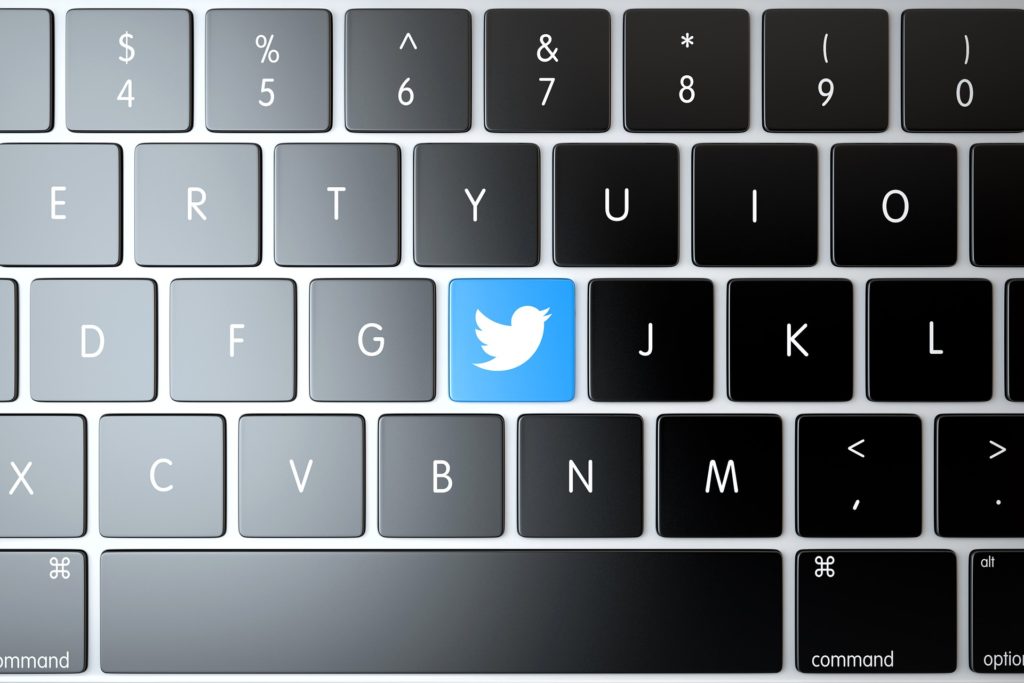
“As text messages, digital ads and social media continue to embed themselves deeper into our pandemic days and lives, an unprecedented amount of political mis- and disinformation threatens to disrupt the 2020 election,” a Wall Street Journal article stated this week. The problem surrounding misinformation is clear, the solution, however, is nuanced and complex due to freedom of speech and the need for media platforms — social and otherwise — to create revenue. In this special series on Misinformation this week, we are looking into what the major digital platforms are doing to combat misinformation throughout these few remaining months of 2020.
While not officially confirmed, it looks as if Twitter is developing an aptly named new product to combat misinformation, called ‘Birdwatch.’ Details have been uncovered by online sleuths who found clues about Birdwatch in Twitter app code. The company said in a tweet that it will ‘share more on Birdwatch soon.’ From what has been gathered online, the new feature will have a Community component, and allow for Notes to be added to tweets. Users will also be able to flag tweets that they believe are spreading disinformation.
According to TechCrunch, Birdwatch is being developed so that context can be added to Tweets. “Based on screenshots of Birdwatch unearthed through reverse engineering techniques, a new tab called “Birdwatch Notes” will be added to Twitter’s sidebar navigation, alongside other existing features like Lists, Topics, Bookmarks and Moments,” TechCrunch wrote last week. While Twitter has confirmed it is looking into ways to address misinformation, it has not released information on Birdwatch specifically. “We’re exploring a number of ways to address misinformation and provide more context for tweets on Twitter,” a Twitter spokesperson told TechCrunch. “Misinformation is a critical issue and we will be testing many different ways to address it.”
Tech insider Chris Messina is curious about the new product, and also did some digging online. His investigation into Twitter’s code resulted in the discovery that Birdwatch Notes will likely allow crowdsourced contributions. Much is still unknown, however, like what will happen if a tweet is heavily flagged as being false, and whether all Twitter users can add Birdwatch Notes.
Twitter has previously announced other measures to protect against misinformation in the lead up to the election. It will ‘label or remove all tweets identified as being misleading such as premature claims of victory, unverified vote-rigging allegations, and calls to break the law.’ The platform has also pledged to act against the suppression of votes in the stricter rules, which are to be “applied equally and judiciously for everyone.” Those new policies will take effect from 17 September and apply to the U.S. as we as all international territories.
The platform announced a year ago that it will not accept political ads. Twitter’s website notes that it “globally prohibits the promotion of political content” and that “We have made this decision based on our belief that political message reach should be earned, not bought.” Political content is defined as “content that references a candidate, political party, elected or appointed government official, election, referendum, ballot measure, legislation, regulation, directive, or judicial outcome.” Ads from PACs, Super-PACs, and 501(c)(4)s are also banned. Twitter further specifies what is not allowed on the platform by stating that “ads that contain references to political content, including appeals for votes, solicitations of financial support, and advocacy for or against any of the above-listed types of political content, are prohibited under this policy. We also do not allow ads of any type by candidates, political parties, or elected or appointed government officials.”
In May, Twitter announced it was cracking down on false information spread on its platform in relation to COVID-19. “During active conversations about disputed issues, it can be helpful to see additional context from trusted sources,” the Twitter blogn post stated. “Earlier this year, we introduced a new label for Tweets containing synthetic and manipulated media. Similar labels will now appear on Tweets containing potentially harmful, misleading information related to COVID-19.”
The company said it will take action on tweets based on three categories:
- Misleading information — statements or assertions that have been confirmed to be false or misleading by subject-matter experts, such as public health authorities.
- Disputed claims — statements or assertions in which the accuracy, truthfulness, or credibility of the claim is contested or unknown.
- Unverified claims — information (which could be true or false) that is unconfirmed at the time it is shared.
